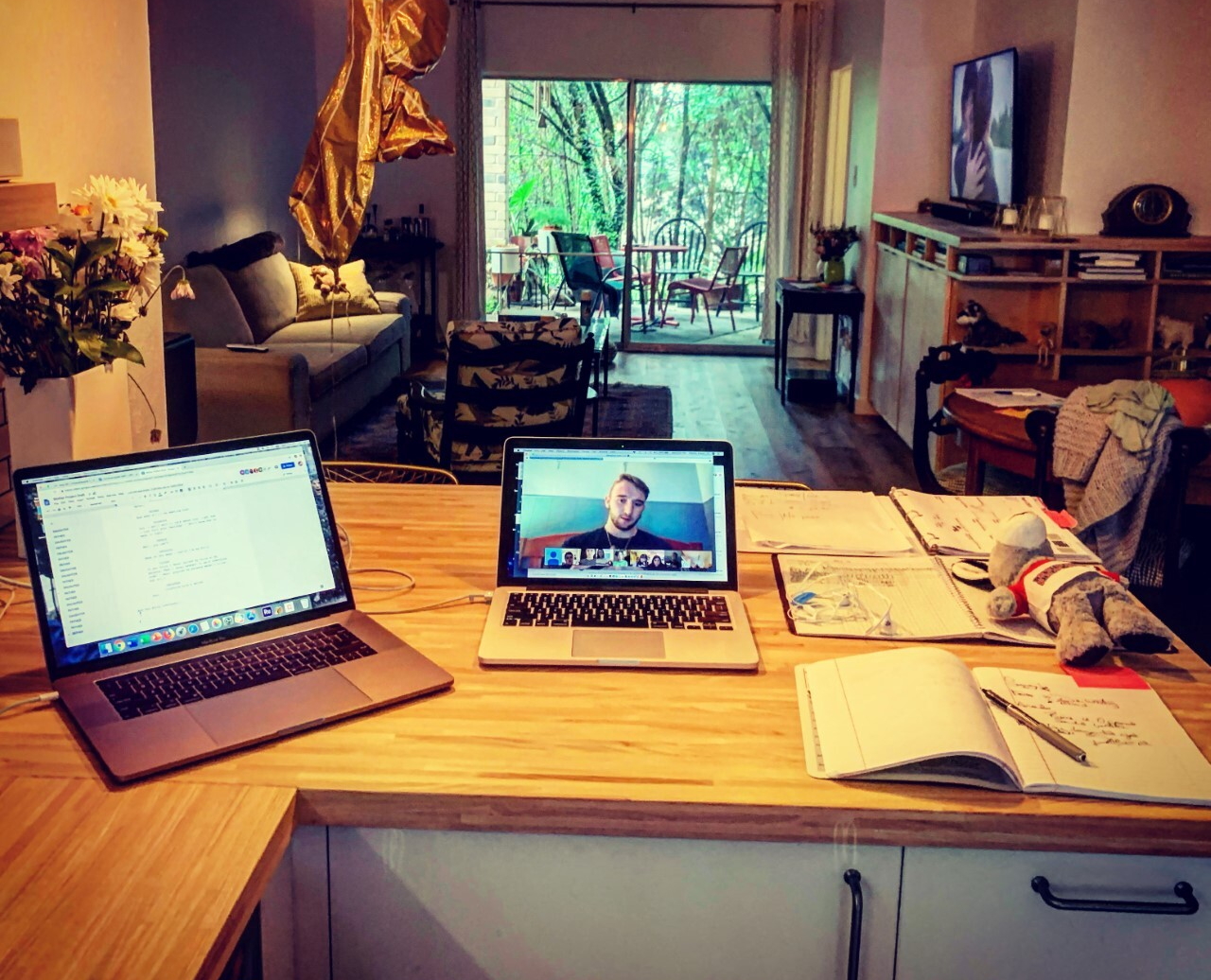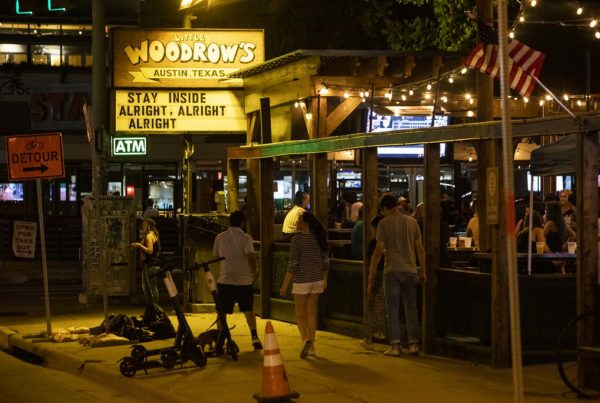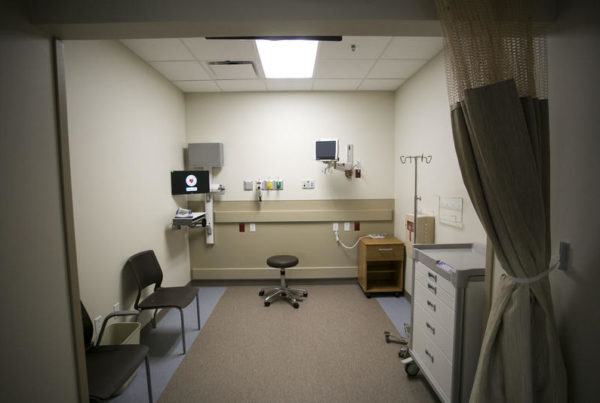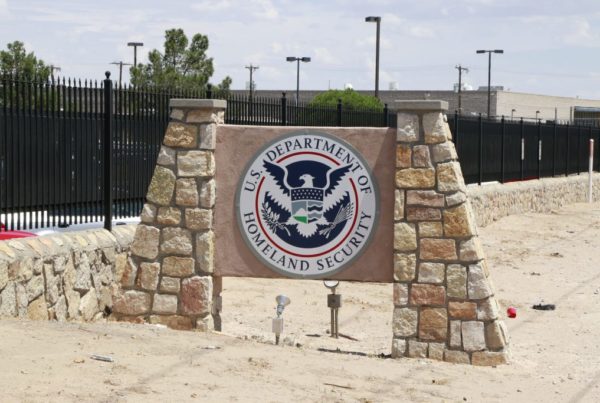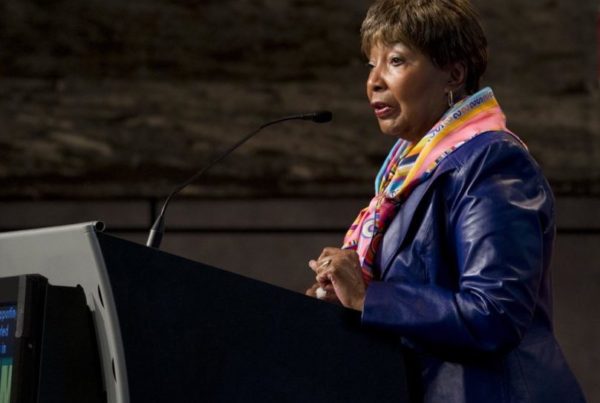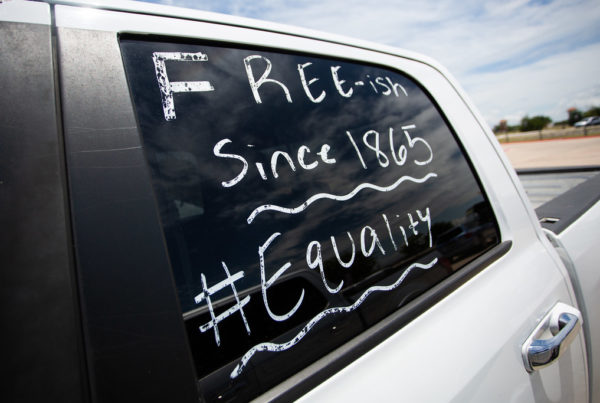“Kitchen thief”, my wife called me.
She had spent the first portion of my school year remodeling our kitchen, something I was against. It was the wrong time. The right time for remodeling, vacations, any real change in life, is the summer. During the academic year I need consistency and stability as my life becomes devoted to the wants and needs of students. I can’t be bothered with new counters tops, or shelves.
“You’ve taken over my kitchen,” she said.
“Our kitchen” I replied.
I teach playwriting at St. Edward’s University, Brothers of the Holy Cross school on the south side of Austin, Texas. I have four classes each semester at a school that prides itself on giving personal attention to students, something many academic institutions take for granted.
My courses are carefully structured in three parts, ‘acts’ if you will. In the first act, everything is preestablished, and the students are somewhat constrained. Plot, story, and character are provided. The students rewrite Shakespearian plays while looking at world-building. What is crisis? What is conflict? They consider Maslow’s Hierarchy of Needs as applied to the characters in “A Streetcar Named Desire.” My hope is they understand there is no right or wrong way to write a play.
There is only wrong and less wrong.
I am blessed to have this life.
In act two of the semester, just before Spring Break, students write a short play of their own. I call it the Bake –Off Play. It’s like a game. Students get a list of ten things that must be in their plays. Things such as the sound of a breaking string, the smell of cookies, lightning and thunder. I do this in an effort to paint the students into a corner. It is like making a pizza with only the toppings I give them. Act two of the semester is devoted to problem-solving, critical thinking, and the discipline to work with what they are given. That is really what a playwright does. Working with what they have, not what they want.
Act three comes after Spring Break when the writers take the tools we’ve learned and apply them to workshopping a one-act play of their choosing. Showing the rest of the class what they have learned happens in act three. But this year, as we approached act three, everything went wrong. A dramatic twist in the plotting of my course, something more challenging than remodeling a kitchen. South by Southwest, the crown jewel of Austin, was cancelled because of COVID-19, and in the process the entire university, our town, the entire world we built, was thrown on its ear. Classes went online. For me, for my students, it was act two all over again.
To accommodate the new reality, I set up two computers in our remodeled Ikea kitchen. We had more counter space as my wife had now moved on to remodeling my home office. One computer was devoted to Google Hangouts, the virtual classroom I created, and the other was to read scripts in real time. I got an old-fashioned Mead composition book and created pages for each student: not just notes on their plays, but how they were doing and what they needed. Were they eating? Were they sleeping? How could I help in their social distancing?
I’ve taught online before, but those courses were literature-oriented. I had never workshopped stage plays like this. As my students relocated off campus, I spent my time developing online scaffolding and scheduling across four time zones so my students might be better organized and able to make the best of this virtual crisis moment.
And then the emails came.
“I think I’m going insane,” said one student. “I’m lonely and miss my friends,” said another.
One student asked me to write a letter for another student who was upset he couldn’t go to Canada on a service learning mission he had been training for. I wrote I was proud of him, and no roads lead to nothingness, while using comedic anecdotes from his favorite movie, “Scott Pilgrim.” You don’t become a professor at a school like St. Ed’s for money or fame. You do it because you love your students.
“Did you give him the letter?” I asked.
“I did. He said it hit different.”
‘Hit different’ is a term that student uses to say something was special.
Taking the workshops online was challenging. Still, we were able to teach the most important aspect of act three: everything comes back to together, and almost always in an imperfect geometry. Plays are about community and collaboration regardless of your environment. There is no right way to teach playwriting, there is only less wrong.
I’m blessed. I’m blessed to have my students, my job, and that my wife remodeled our condo when she did. Tonight is pizza night in our new kitchen, the night my wife asks me to raid our new refrigerator to snag toppings that are about to go south. It is a fun game we play. After this semester, it hits different.
Timothy Braun is a playwright and visiting assistant professor of creative writing in the Department of Literature, Writing and Rhetoric at St. Edward’s University in Austin, Texas.


